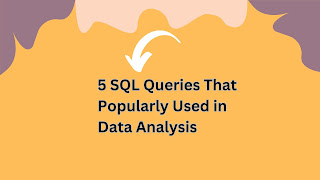Price check: Helps the customers to find the price and promotional details of a product.
Product finder: Helps the customers to check the availability and the location (combination of floor number, aisle number, row number, and column number) of a product in the store.
Smart shopping assistant: The smart shopping assistant tool helps the customers in the decision-making process of which product to buy. This tool provides information about the alternative products, reviews of the product, pricing comparison, and a virtual model illustrating the look and feel, if applicable (e.g., the virtual look and feel of an apparel).
Location Based Service: Most consumer mobile devices today are "smart" devices, and they incorporate multiple sensors and chips to implement features such as global positioning system or assisted-GPS (GPS/A-GPS), which can accurately sense the current location of the user. Retailers can leverage this feature to deliver location-specific services to consumers. The following gives a snapshot of the location-based retail services.
Store locator: The store-locator service can provide the details about the nearest store (distance to the store from the current location, store address, driving directions to the store, the products and services offered by the store, etc.) with respect to the current location of the user.
Store advertisements or promotions: This service can deliver details about the current store advertisements and promotional offers of the nearest store.
Product alerts: The product alerts mobility solution can deliver notifications about new products and in-stock availability of products. Consumers can register to this service and can receive notifications about the product of their choice.
Price alerts: The price alerts service provides notification about price drops and the current promotions of a product. Consumers can register to this service and can receive notifications about the product of their choice.
Promotion alerts: Retailers may run online or in-store promotions and discount sales, and the promotion alerts or advertisements can be delivered to the customers through promotion alert services.
Product recall alerts: Product manufacturers may recall certain products due to safety, security, and regulatory compliance requirements. It is likely that the customer may not get any notification about the product recall unless the customer registers the product with the manufacturer. Retailers can provide recall alerts of the products purchased from them to the consumers, through the product recall alert mobility solution.
Loyalty programs and Social e-commerce can be implemented using mobility.




.jpg)
Comments
Post a Comment
Thanks for your message. We will get back you.